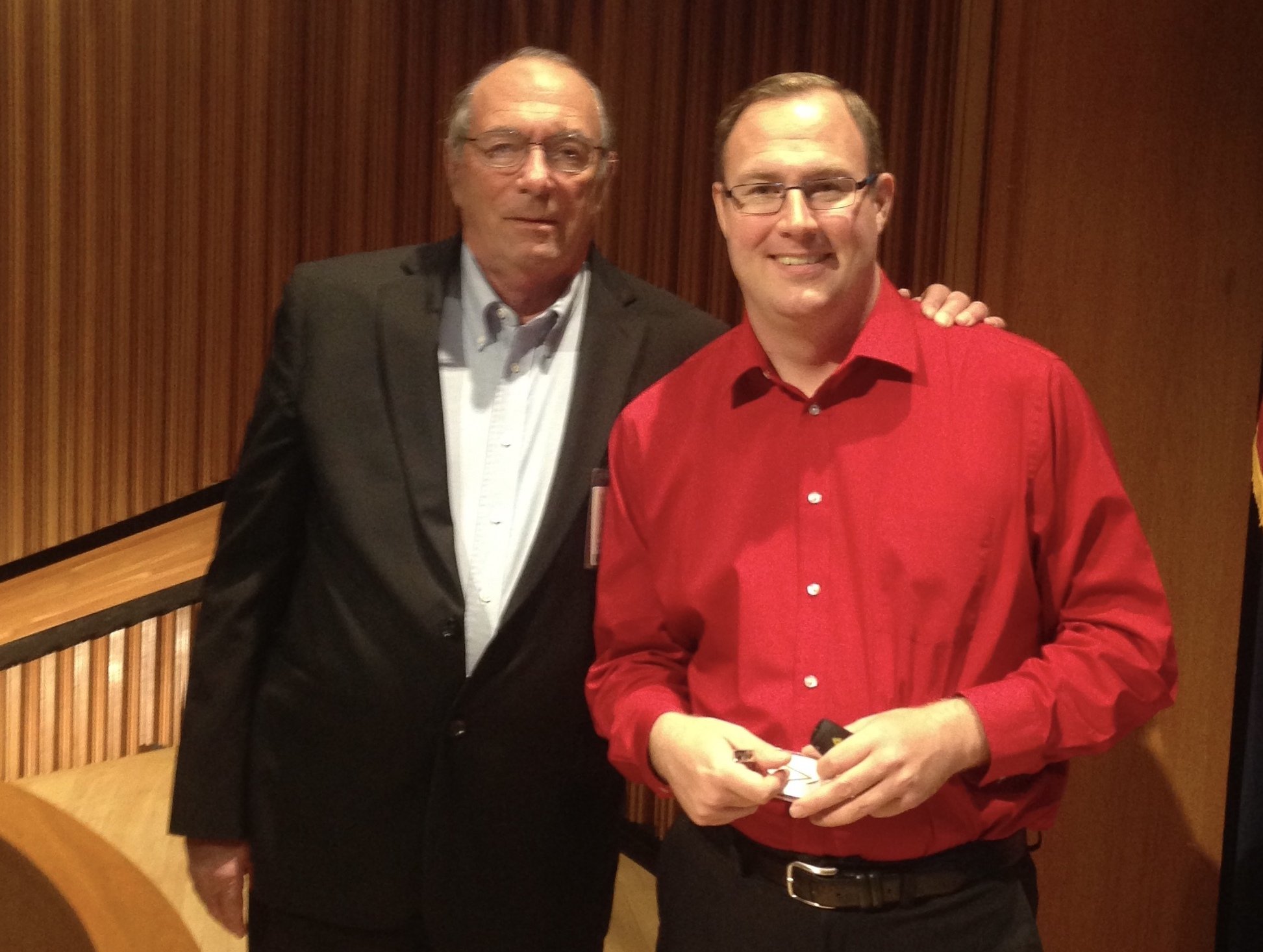

Aaron Likens: I was asked to write a blog post on Independent Living, and I have asked my father to write about his experience of seeing me move out of his house in 2012. Wow, that was a long time ago. This is his first adventure into writing a blog post. Be kind.
Independent Living
by James Likens
Many times, when I would attend presentations about Autism Spectrum Disorders given by my son, Aaron Likens, parents would often ask me what the most important piece of advice I could give them about their child(ren) on the Autism Spectrum. I don’t know if I was right or wrong, but most of the time I would say “accommodation”.
A child on the spectrum, regardless of age, has things that he or she can do quite well. It might be a subject in school, an activity, or an unbelievable knowledge base on some subject. But there are also things that, if not very difficult, can be downright impossible. I could write a long litany of things, but to quote Aaron at his presentations, “If you’ve met one person with Autism, you’ve only met one person with Autism.”
In the past eleven years, Aaron has given over 1,000 presentations to nearly 100,000 people.
Those include parents, teachers, students, professionals, police officers, and FBI agents. Whether he is standing on a stage, in a classroom, or sitting next to someone on an airplane, people have often said, “If you hadn’t told me you had Asperger’s syndrome, I never would have believed it.” This is something that he does very well.
I read a synopsis of a study about ASD young adults done by Drexel University, Philadelphia, PA, that said the following:
In the U.S., 66% of young adults in their 20s live independently,1 meaning outside of the parent’s home and not in a supervised living situation such as a group home. Our own analysis of young adults with autism indicated that only one in five of those with autism have ever lived independently since leaving high school.2
Those figures cover the entire Autism Spectrum. For those on the higher end of the spectrum, 45% have lived independently at some point in time. Aaron has lived outside of my home since his late 20s.
His former employer had moved to Texas from St. Louis and said he would rent Aaron his condo at half the price of what rent was in the complex. After discussing it with me, Aaron took him up on the offer. He has not lived with me since.
Is he independent? Yes and no. Like I said, there are some things that Aaron is amazing at, and there are others that are very difficult, if not impossible. That’s where my advice to that father comes in: accommodation.
I knew even before Aaron moved into that condo that there were things that I would have to help him with, if not do them myself. For instance, Aaron has had a cell phone for more than a decade. He still hasn’t set up his voice mail because he’s afraid it will be bad news. He has booked hundreds of airline tickets all over the world on-line, but if he needs to change a flight or there is a problem, he can’t call Delta to deal with it. There are other things that present him with a problem, but most of them have to do with communication. That’s where I help out with accomodation, speaking on his behalf. It’s not that he is a failure, it’s that he has a disability.
On the other hand, Aaron has traveled to 10 foreign countries, on his own, and navigated airports, custom, taxis, trains, subways, and walking. He has made his own hotel reservations (on-line), rented cars, driven in foreign countries, and found his way back when he got lost. He’s a professional race flagman for a national go-kart series, and part of the flag team for IndyCar and the Indy 500. He travels up to 20 weeks a month for his motorsports engagements.
I think it is important to let a young person on the spectrum know that the parent(s) will be there for them, to help out when they can’t help themself, without a lecture that they should learn how to do those things. That safety net can be the difference between living independently or living at home.
Today Aaron owns a condo, lives with his cat Kansas, and continues to bring hope to families across the United States and around the world. That’s worth whatever accommodation it takes.
1. Arnett J. (2014). Clark University Poll. Clark University. www.clarku.edu/clark-poll-emerging-adults
2. drexel.edu/~/media/Files/autismoutcomes/publications/LCO Fact Sheet Living Arrangements.ashx
